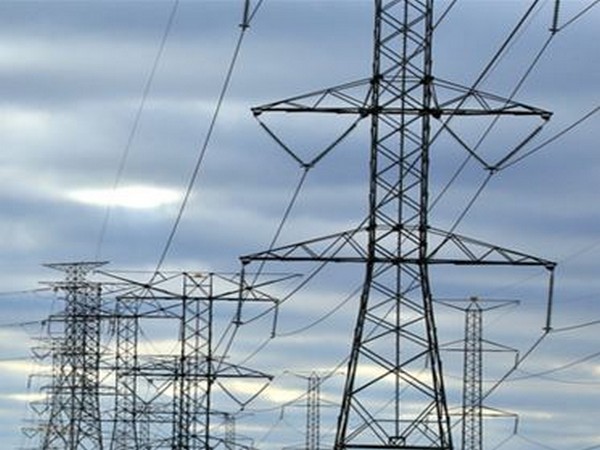
Power outages in Europe: declared a state of emergency, no cause ruled out
Apr 29, 2025
Brussels [Belgium], April 29: Power is gradually being restored in Spain and Portugal while the governments of the two countries on the Iberian Peninsula have declared a state of emergency after an unexplained power outage.
CNN reported on the morning of April 29 that power has begun to be restored in parts of Spain and Portugal, more than 12 hours after a widespread power outage paralyzed traffic and caused chaos at airports, train stations and on the streets.
Both Iberian Peninsula countries have declared a state of emergency while the relevant authorities work to deal with the situation.
The exact cause of the blackout is still unclear, but there is currently "no indication" that it was a cyberattack, according to European Council President Antonio Costa, a former prime minister of Portugal. Spanish Prime Minister Pedro Sanchez also said there was no conclusive information about the cause of the incident, but authorities were investigating.
"All potential causes are being analyzed. I would like to emphasize that I do not rule out any hypothesis, any possibility," Sanchez said at a news conference, according to AFP.
Power failure for 5 seconds
Around 12:30 p.m. on April 28 in the Spanish capital Madrid and 11:30 p.m. in the Portuguese capital Lisbon, power was lost in many areas of the Iberian Peninsula. Part of the Basque country of France was also affected briefly but was quickly restored.
In Spain, nearly 50% of electricity supply has been restored, according to Prime Minister Sanchez. The grid operator determined that the problem occurred when 15 gigawatts of electricity were suddenly lost in just five seconds, Sanchez said.
In Portugal, electricity has been restored to 2.5 million customers, according to the National Energy Network (REN). Technicians have also restored power to 85 of the 89 substations, according to REN.
Everything 'froze'
Previously, the power outage caused many activities in the two countries to be disrupted. The people of Valencia (Spain) at that time were carrying palanquins to celebrate the patron saint of the city. At first, many residents did not realize there was a problem and continued the march, until they realized their phones could not be used.
In Porto (Portugal's second-largest city), an American tourist named Kate Su described everything as almost "frozen" during a power outage, according to CNN. She said shops have closed, public toilets have also stopped working, and mobile phone service has been difficult, making it challenging to navigate the move. The previously bustling areas became deserted.
The power outage affected trains, subways, and international airports across the two countries. Spanish Transport Minister Oscar Puente said medium- and long-distance train routes may not resume operations until today (April 29). Authorities have limited the number of incoming flights to 20% but aviation operations are still "normal" in other aspects.
Key Locations
Spain's nuclear power plants remain safe, according to the country's Nuclear Safety Council (CSN). These plants have automatically shut down in accordance with the process, CSN said, adding that "backup diesel generators have started and are maintaining safe conditions for the reactors."
Hospitals in Spain are also equipped with backup power systems to ensure power is maintained, according to the country's Ministry of Health.
Portuguese Prime Minister Luis Montenegro said the power outage originated in Spain. Portugal imports electricity from Spain in the morning because Spain is an hour ahead and solar power produced in Spain is cheaper than domestic production at the time, according to REN official Joao Faria Conceicao.
Source: Thanh Nien Newspaper









